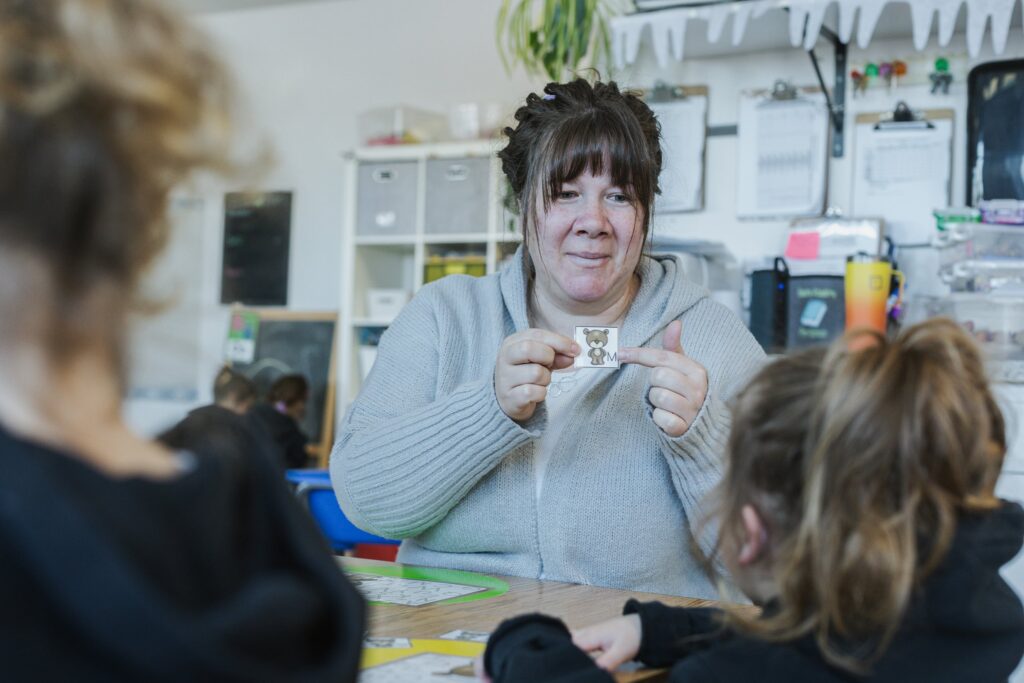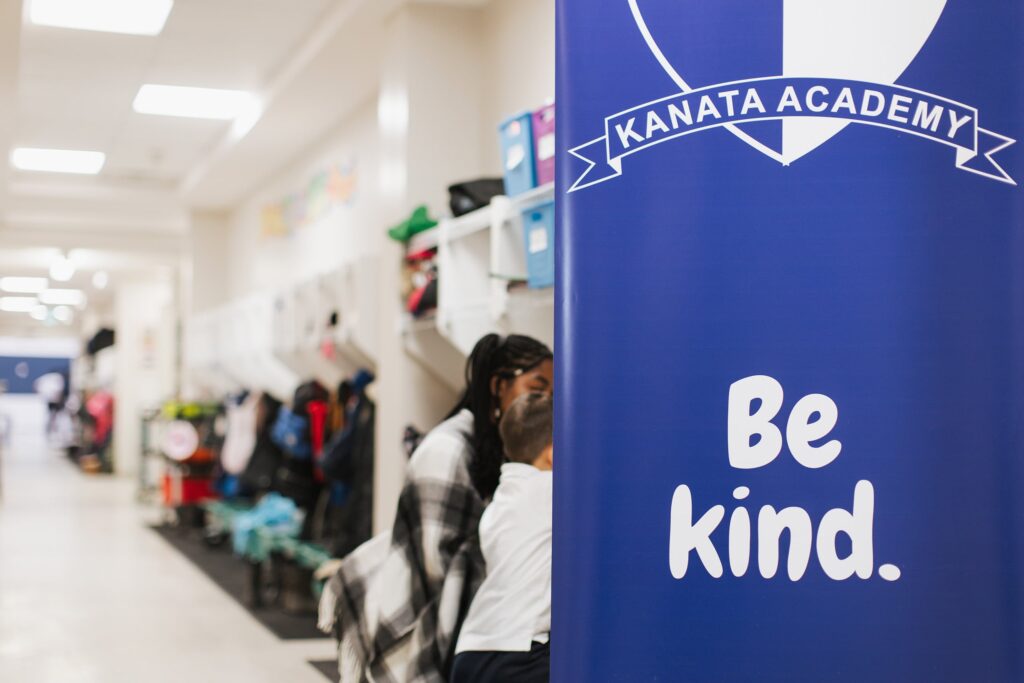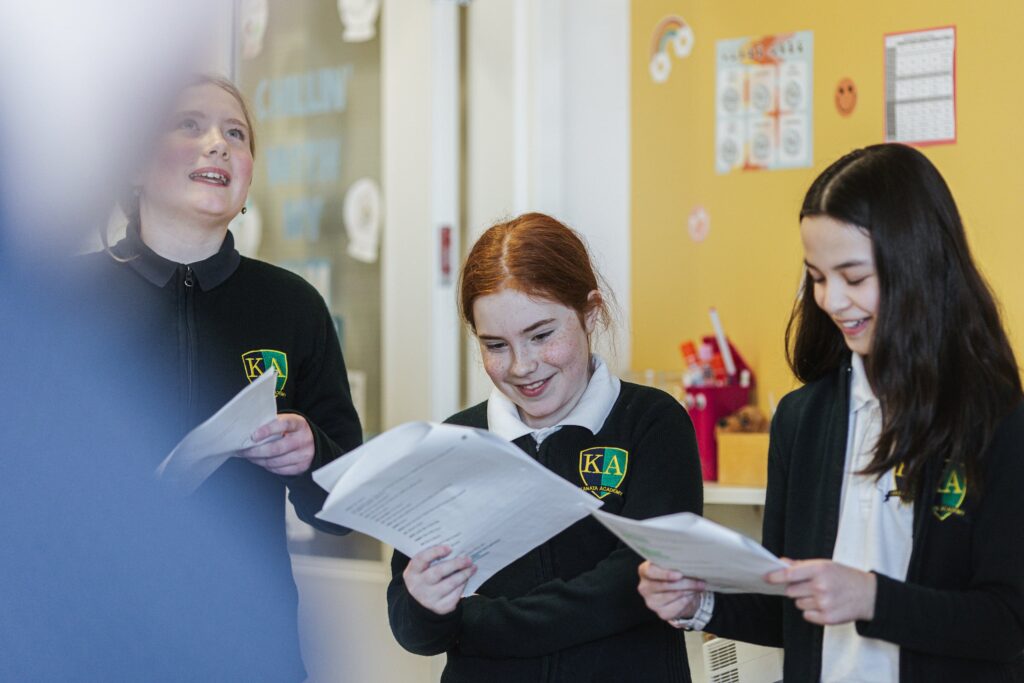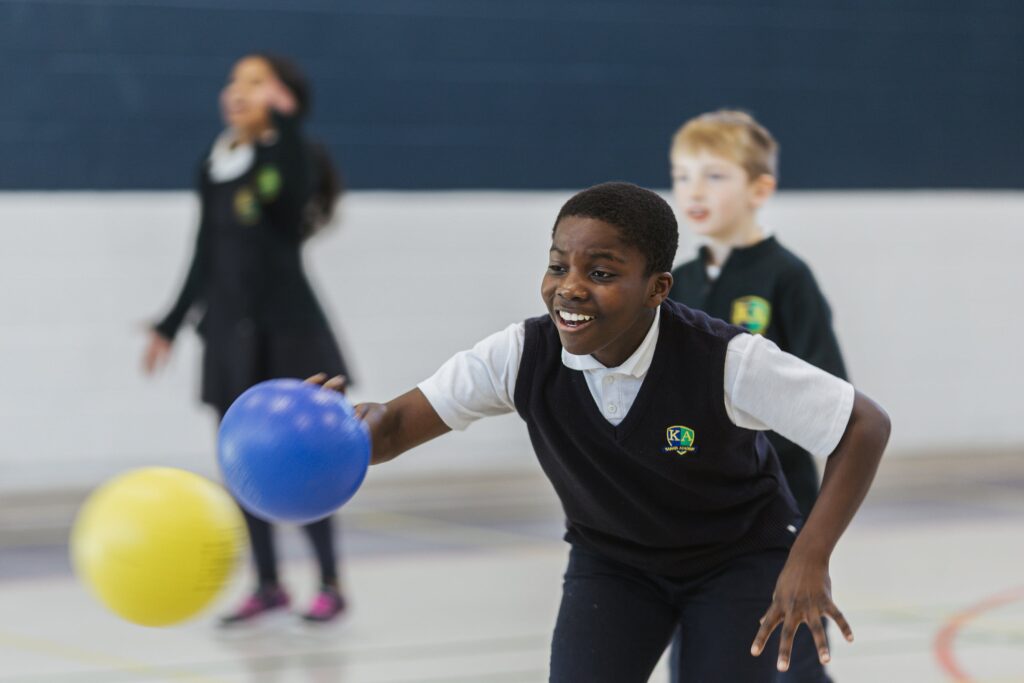
Academics

Kanata Academy has provided a caring, nurturing and inclusive environment for my children. Both of our boys have blossomed to their maximum potential within this atmosphere, and have created bonds that will last for years.
Lori Preshing, Parent
Divisions of Learning
Explore our tailored academic programs, divided into five stages, designed to meet the unique needs of students as they grow, learn, and prepare for future success.
Dedicated and Experienced Faculty
Kanata Academy faculty bring a wealth of expertise and a shared commitment to student success. Our educators foster a collaborative, innovative learning environment where every student feels valued and supported.










